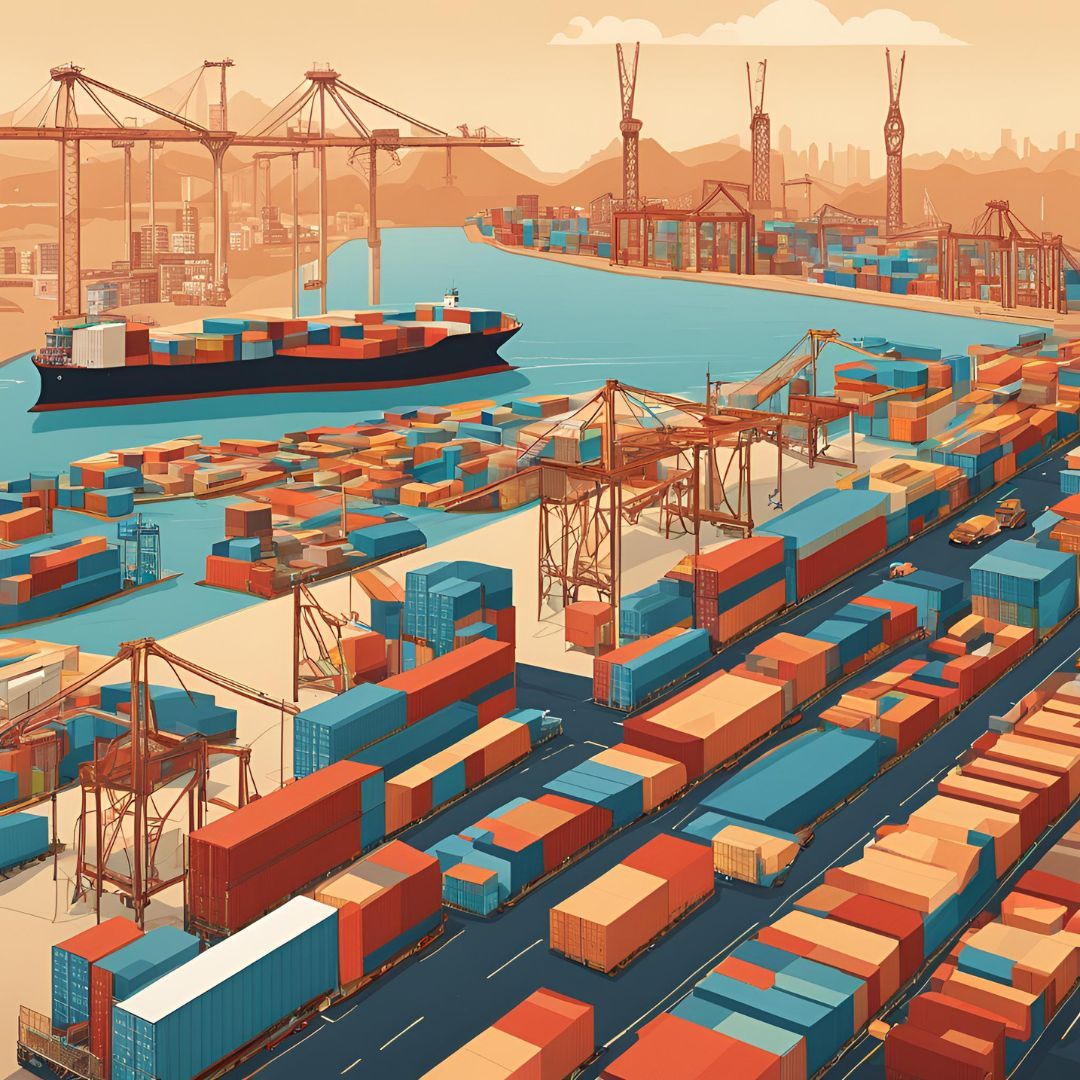
Innovation and Sustainability: How Major Consulting Firms are designing the Logistics of Tomorrow
In recent years, sustainable logistics has emerged as a key priority for global companies. As businesses strive to reduce their ecological footprint, major consulting firms such as McKinsey, Deloitte, and PwC are playing a crucial role in shaping strategies to achieve these goals. But what are these leading consulting firms really saying about sustainable logistics?
McKinsey: Efficiency and Technological Innovation
McKinsey emphasizes the importance of integrating operational efficiency with technological innovation. In one of their reports, the firm suggests that adopting technologies like automation and artificial intelligence can drastically reduce the sector’s CO2 emissions. The proposed solutions include optimizing transportation routes, converting fleets to electric vehicles, and adopting circular logistics solutions to reduce waste.
Deloitte: Resilient and Green Supply Chain
Deloitte highlights the need to create resilient and sustainable supply chains. In one of their studies, Deloitte proposes an approach that combines sustainability with resilience. According to them, a sustainable supply chain must be able to withstand unforeseen crises (such as the COVID-19 pandemic) without compromising environmental goals. Suggested measures include decentralizing production, using recyclable materials, and encouraging local production practices to reduce emissions associated with long-distance transportation.
EY: Collaboration and Transparency
EY focuses on the need for greater collaboration among different actors in the logistics chain. They propose that companies work together to share data and resources to reduce the overall environmental impact. Transparency becomes a key factor, with tools like real-time tracking and CO2 emissions monitoring throughout the supply chain to improve efficiency and minimize waste.
Accenture: Digitization and Decarbonization
Accenture emphasizes how the digitization of logistics can accelerate the transition to a greener economy. The firm suggests that the adoption of digital technologies, such as digital twins and blockchain, can optimize the entire supply chain, reducing delivery times and emissions. Additionally, Accenture argues that decarbonizing transport will be a primary goal for companies in the coming years, with the electrification of fleets and the use of alternative fuels like biofuels and green hydrogen.
KPMG: Regulation and Government Incentives
KPMG highlights the importance of regulation and government support in accelerating sustainable logistics. The consulting firm argues that public policies, such as tax incentives for adopting green technologies and stricter emissions regulations, will be essential in driving companies toward sustainable solutions. Moreover, KPMG believes that cooperation between the public and private sectors will be crucial in creating more sustainable logistics infrastructure.
The Future of Sustainable Logistics
The major consulting firms are unanimous in recognizing that sustainability is no longer just an option but a necessity for the future of logistics. Technological innovation, operational efficiency, and collaboration among companies are recurring themes that will drive the sector toward greener logistics. However, it will also be important for companies to receive government support and maintain a proactive approach in transforming their supply chains.
In conclusion, according to these top consulting firms, sustainable logistics represents not only a challenge but also an extraordinary opportunity to create economic, social, and ecological value.




